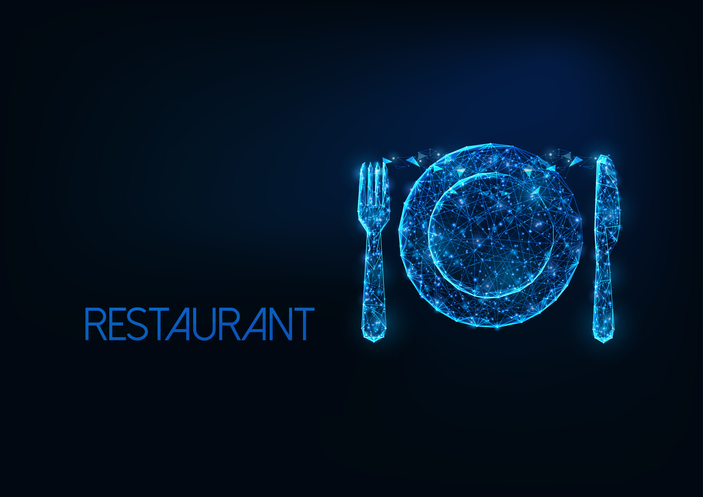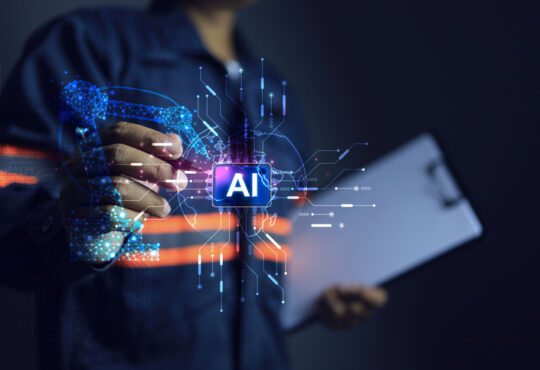
People are now more cautious, sceptical, and vigilant than ever before about maintaining their health and safety since the pandemic situation began. Additionally, the existence of a digital cafeteria precludes employees from placing meal orders from anywhere and everywhere, walking down the street and eating at any restaurant, waiting in long lines to collect their orders, or engaging in any form of monetary transactions.
Therefore, below mentioned companies have helped companies to digitize their cafeterias-
2) SmartQ– The company have come up with solutions for a digital contactless cafeteria where it is not only the need of the hour but also a win-win situation for both employees and employers, both! The Compass group company (A product based MNC), started its operations in Bangalore in June 2015, and is a leading B2B food-tech service provider that works on an aggregation model leveraging cutting-edge technology and strong vendor management capabilities to enrich the lives of employees at the workplace. SmartQ was acquired by Compass Group in 2020, Compass is the world’s largest Food Services Company having its presence in 70+ countries. Currently, SmartQ is present in 9 countries with more than 160 Clients. SmartQs Digital cafeteria solution transforms any conventional cafeteria into one that is completely digital and cashless.
3) Daalchini- A physical marketplace for home chefs, cloud kitchens, and D2C brands enabling them to sell their products through IoT-based Smart Vending Machines. Daalchini provides snacks, beverages, home-cooked food, healthy bars, fruits, etc. The Group brings your comfort Indian food to offices, apartments, colleges through our self-operated Kiosk called Daalchini Hut. Their Kiosks provide Healthy Indian Breakfast and Evening snacks options as well as variety of ready-to-eat Indian whole-wheat breads (Chappatis, Paranthas), anytime, anywhere.





